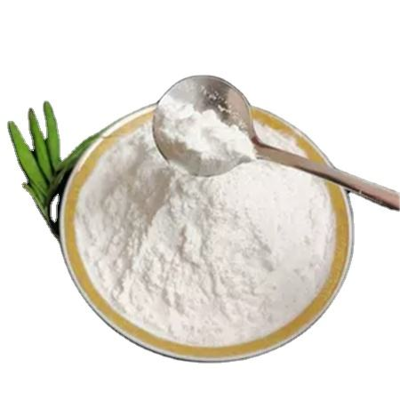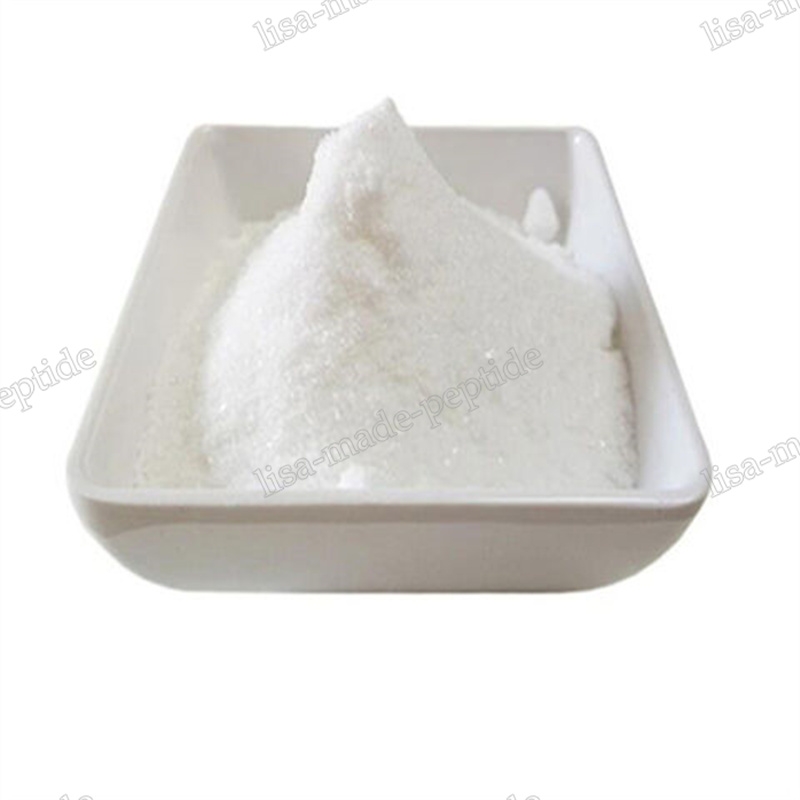-
Categories
-
Pharmaceutical Intermediates
-
Active Pharmaceutical Ingredients
-
Food Additives
- Industrial Coatings
- Agrochemicals
- Dyes and Pigments
- Surfactant
- Flavors and Fragrances
- Chemical Reagents
- Catalyst and Auxiliary
- Natural Products
- Inorganic Chemistry
-
Organic Chemistry
-
Biochemical Engineering
- Analytical Chemistry
-
Cosmetic Ingredient
- Water Treatment Chemical
-
Pharmaceutical Intermediates
Promotion
ECHEMI Mall
Wholesale
Weekly Price
Exhibition
News
-
Trade Service
Recently, a research team from Yokohama City University in Japan discovered that the polygene structure can predict drug-induced liver injury
Drug-Induced Liver Injury (DILI) refers to the liver damage caused by the drug itself or /and its metabolites or due to the hypersensitivity or tolerance of the drug to the drug due to the special physique during the use of the drug
The prevention of drug-induced liver injury mainly depends on understanding the latest information on drug-induced liver disease, avoiding the use of drugs with liver damage as much as possible, and strengthening the monitoring of drug-induced liver disease, while the diagnosis of the disease is a diagnosis of exclusion, namely Need to rule out known causes of liver disease
The researchers established a polygenic risk score ( PRS) for drug-induced liver injury by summarizing the effects of numerous genome-wide loci identified in previous large-scale genome-wide association studies
This strategy may promote safer, more effective and more reliable clinical trial design
References: Masaru Koido, Eri Kawakami, Junko Fukumura, Yui Noguchi, Momoko Ohori ,etal.







